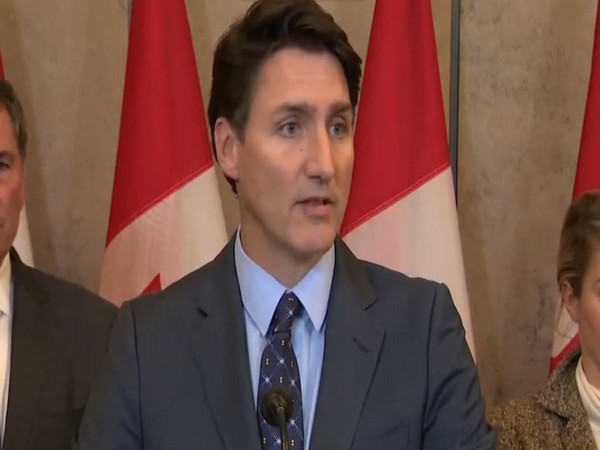Trudeau's Transition: Canada's Political Crossroads
Canadian Prime Minister Justin Trudeau announced plans to step down in the coming months after nine years in office, amid poor polling for his Liberal Party. He will remain as prime minister and Liberal leader until a replacement is chosen. The next election is anticipated by late October, under current conditions.

Canadian Prime Minister Justin Trudeau has announced his decision to step down in the upcoming months after a nine-year tenure, responding to pressure caused by the Liberal Party's declining pre-election polling numbers. Trudeau affirmed he will maintain his roles as both prime minister and party leader until a successor is selected to guide the Liberals into the impending election, expected by late October.
Despite his announcement, Trudeau's departure isn't immediate. Unlike some countries where political leaders can be swiftly replaced, Canada employs leadership conventions that take months to conclude. Consequently, Trudeau will remain in his current position for an unspecified period until the party organizes and completes this process, with no imminent election planned.
Opposition parties had prepared non-confidence motions to attempt to unseat Trudeau's minority government. However, his decision to prorogue parliament until March 24 effectively stalls these efforts. The Liberals maintain control over the parliamentary agenda, rendering a new election unlikely before May, even if opposition parties eventually unite on a confidence motion.
(With inputs from agencies.)
ALSO READ
Controversial Election Victory Spurs Unrest in Mozambique
Controversy Erupts Over NHRC Chairperson Selection
Atal Bihari Vajpayee: A Statesman's Poetry and Politics
Amendment to election rules: Cong leader Ramesh says EC cannot be allowed to unilaterally amend such a vital law.
Integrity of electoral process is fast eroding, hopefully SC will help restore it: Cong leader Ramesh on amendment of election rules.










